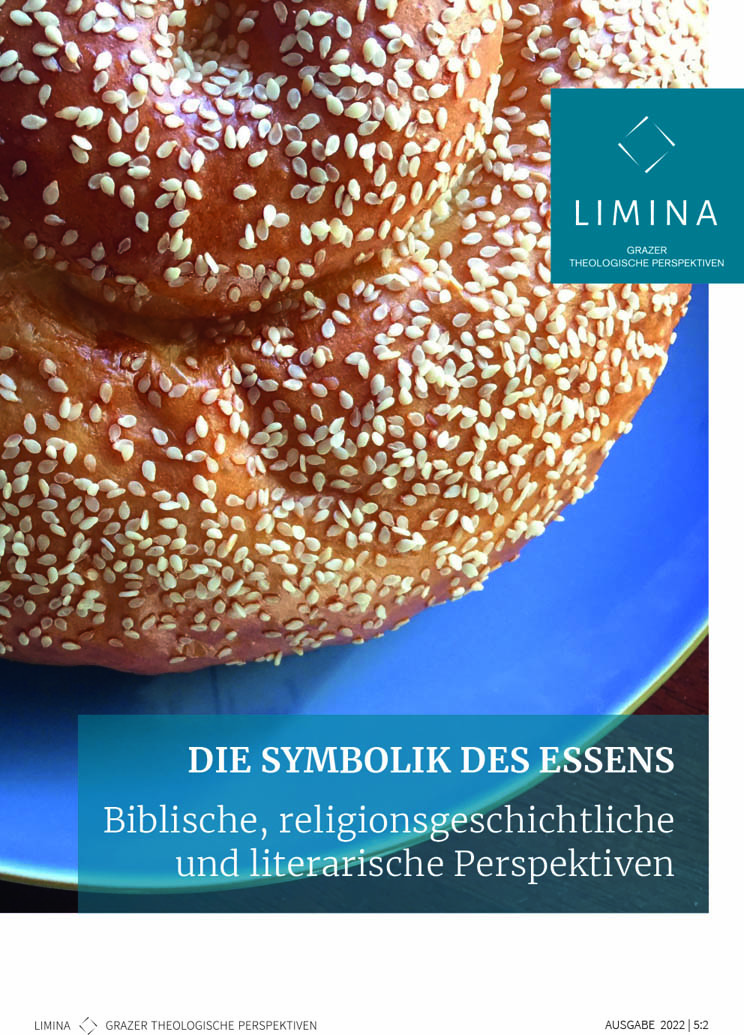Food cult? Food and its socio-religious functions in early Judaism, early Christianity and today
Main Article Content
Abstract
In early Judaism, dietary rules served a social and religious purpose. They were a tool of self-definition to distinguish Israel from other nations and establish Jews a holy people. Contrary to many claims in older research, fundamental Jewish food taboos were not dismissed in early Christianity. What shifted, however, was their function. The segregative dimension of dietary rules in early Judaism was replaced by a focus on its connective elements. Going further, Paul evidences the desacralisation of food; according to him, food bears no significance in God’s kingdom (Romans 14:17; cf. 1 Corinthians 6:13). Reversely, we can observe a certain resacralisation today: food has become a lifestyle product, a form of substitute religion. This emerging trend brings with it a renewed importance to remember the communal aspect of food. In early Christianity, the meal symbolised community much more than worship. Thus, early Christian texts prove that no matter their historic roots, which need to be contextualised and reflected, ancient texts still hold much relevance in current and socially relevant debates.
Article Details
The author(s) retain copyright without any restriction.
LIMINA provides immediately upon publication open access to its content. The content of this journal is licensed under the Creative Commons Attribution 4.0 International Licence. By submitting a contribution, the author(s) agree(s) to the terms of use of the CC BY licence.

